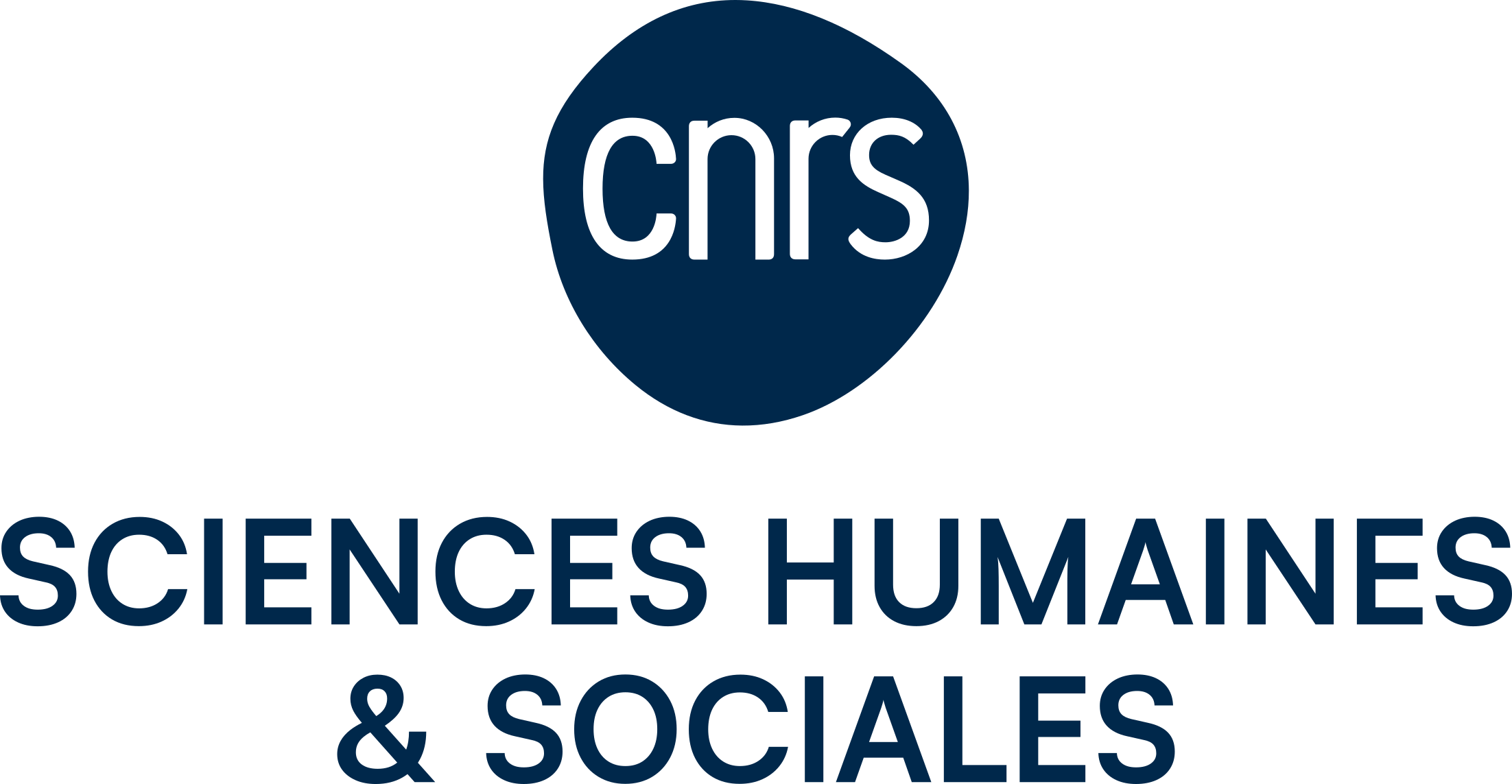07/02/19 - 16h30 - CPAFO en salle 307.
jeudi 7 février 2019
Baquenado & Fabar (2017) : Apports méthodologiques (et épistémologiques) de la neurophénoménologie à la recherche en psychologie
« Oyez ! Oyez ! Le glorieux jour de la prochaine table ronde CPAFO s’approche à grand pieds. »
Elle se tiendra Jeudi 7 Février à 16h30 en salle 307.
| Date : | 7 Février 2019 |
|---|---|
| Heure : | 16h30 - 17h30 |
| Lieu : | Salle 307 |
Ce rendez-vous portera sur les apports méthodologiques (et épistémologiques) de la neurophénoménologie à la recherche en psychologie.
Et si le recueil (systématique) des expériences conscientes rapportées par les participants, dans la tradition phénoménologique, pouvaient enrichir les observations et mesures comportementales et/ou neurophysiologiques collectées expérimentalement ? C’est la proposition portée par la neurophénoménologie (Varela, 1996 ; Lutz et Thompson, 2003). Nous discuterons de cette approche et de ses apports en sciences cognitives et sociales, au niveau méthodologique et épistémologique.
Nous nous appuierons notamment sur le papier de Baquenado et Fabar (2017) qui nous fournira un exemple concret. Voir ci-dessous pour la référence bibliographique et le résumé ainsi que deux références additionnelles.
Pour rappel, ce rendez vous est ouvert à tout le laboratoire. Il se tient les premiers et troisièmes jeudis de chaque mois au laboratoire ou au bar le Carnot, en fin d’après midi (avec des variations possibles pour s’adapter un peu).
À jeudi pour cette nouvelle édition !
Baquenado & Fabar (2017)
Titre : Modeling Subjects’ Experience While Modeling the Experimental Design.
Ref : Constructivist Foundations, 12(2), 166-180.
Abstract
Context • The integration of data measured in first- and third-person frameworks is a challenge that becomes more prominent as we attempt to refine the ties between the dimensions we assume to be objective and our experience itself. As a result, cognitive science has been a target for criticism from the epistemological and methodological point of view, which has resulted in the emergence of new approaches. Neurophenomenology has been proposed as a means to address these limitations. The methodological application of this discipline, even in its mildest form, enriches the methodology typically used in cognitive sciences. Problem • Nowadays psychological studies are difficult to replicate. As a way to achieve replication of results published in a previous study in order to develop a methodological adaptation suitable for electroencephalographic (EEG) measurements in a subsequent experiment, first-person accounts from the participants in our pilot study were included in the experiment construction. This study’s objective is to show the benefit of including a mild-neurophenomenology-inspired approach in the adaptation from an original paradigm, which requires, foremost, the ability to replicate the original results. Method • Interviews with open and semi-structured questions were carried out at the end of an Approach-Avoidance Task (AAT). The first-person reports, together with the behavioral outcomes of each pilot, were taken into account for the development of the next piloting phase until replication of the original results was achieved, and the final experimental design was elaborated. Results • A sequence of four pilots, where the integration of third- and first-person information derived from subjects’ behavior and reported experiences while carrying them out rendered the behavioral replication we sought to achieve, providing support for a first-person enriched cognitive science paradigm. Implications • Including first-person accounts systematically during the development and performance of classic cognitive paradigms ensures that those paradigms are measuring what they claim to measure. This is the next logical step to improve replication rates, to refine the explanation of the results and avoid confounding third-person data interpretation. Constructivist content • Including first-person experiences and acknowledging the active role that participants’ experiences regarding the paradigm had in the modeling of its final version is in concordance with a constructivist standing.
Références additionnelles
Lutz, A. & Thompson, E. (2003). Neurophenomenology : Integrating subjective experience and brain dynamics in the neuroscience of consciousness, Journal of Consciousness Studies, 10(9–10), 31–52
Varela, F.J. (1996). Neurophenomenology : a methodological remedy for the hard problem, Journal of Consciousness Studies, 3(4), 330-349

depuis votre smartphone




